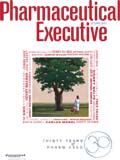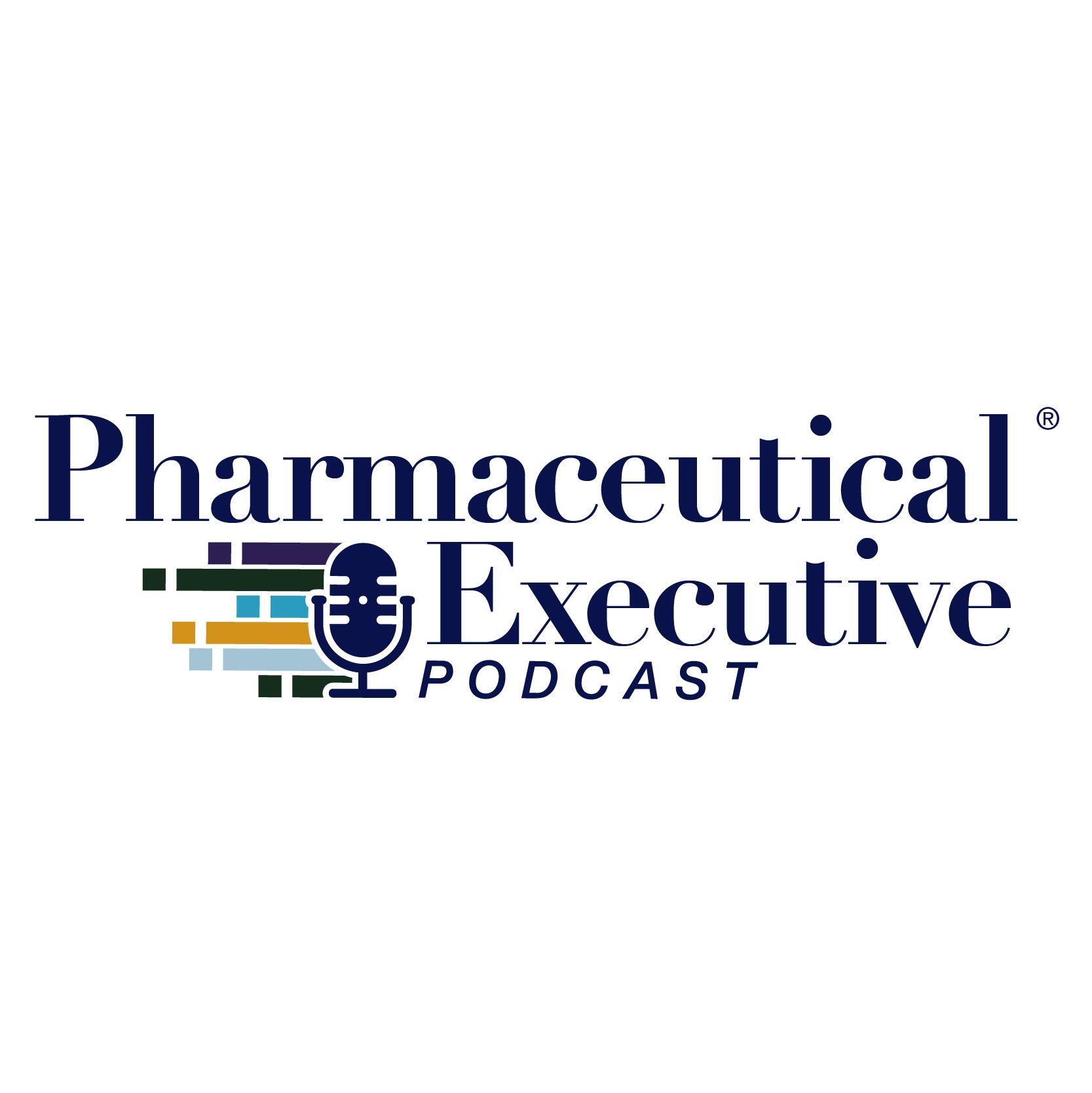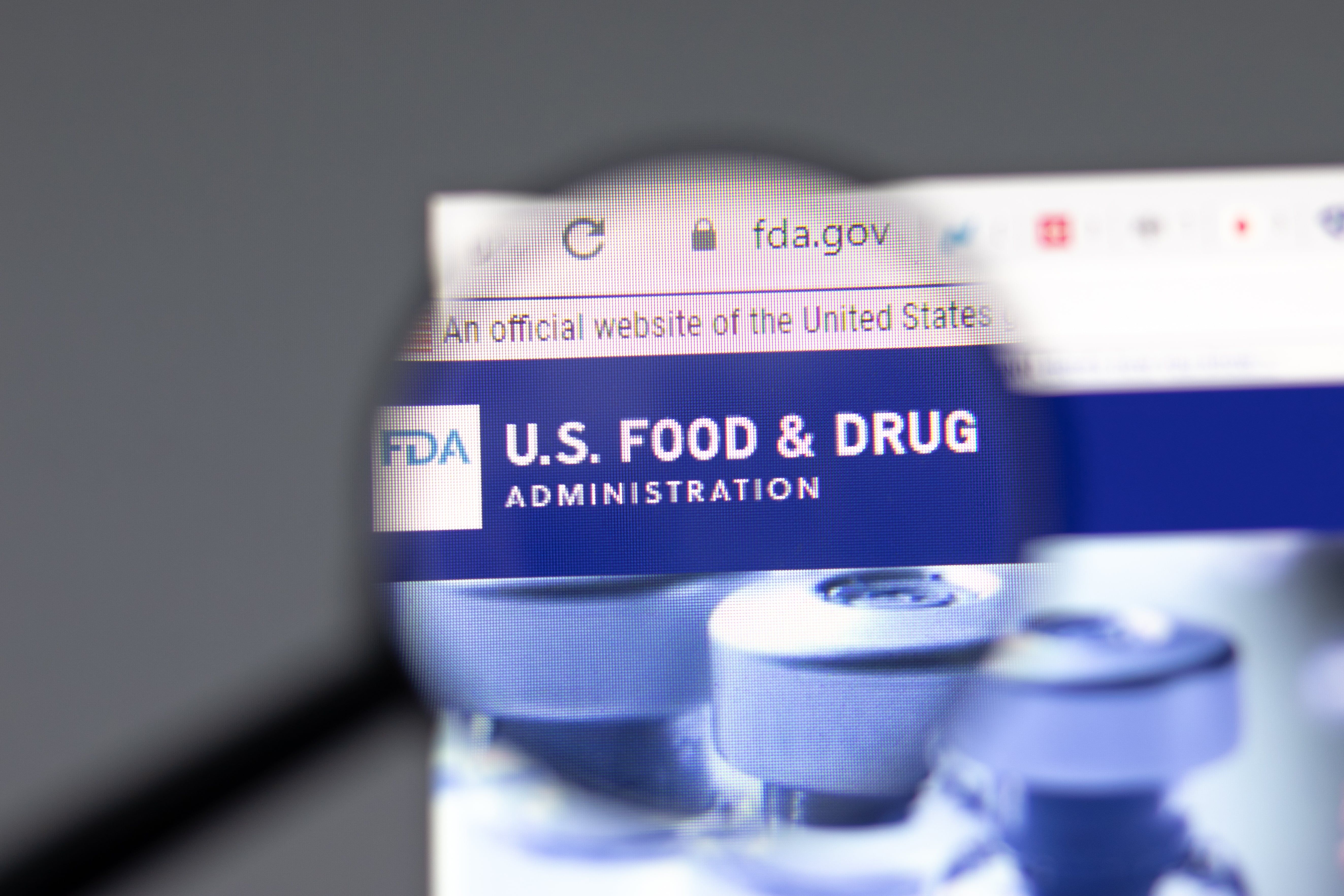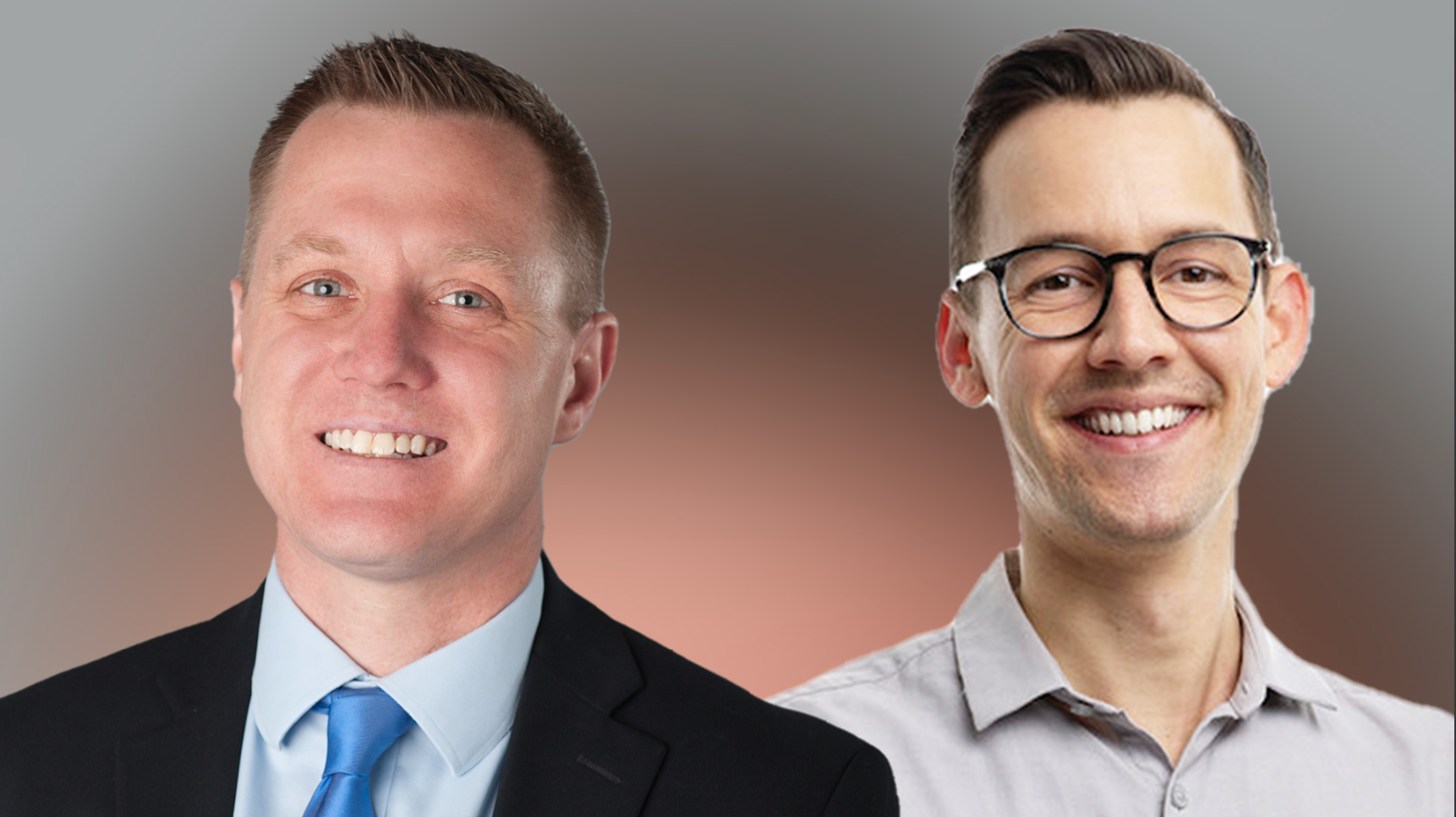Article
Pharmaceutical Executive
Pharmaceutical Executive
P. Roy Vagelos: Getting to No. 1—and Staying There
Author(s):
P. Roy Vagelos, MD, Chairman Emeritus, Merck
In an era where Big Pharma prizes steady stewardship and controlled risk, is there still a place for the contrarian CEO with an appetite for challenging the status quo? The record of former Merck CEO P. Roy Vagelos, who led the company during its peak years from 1985 to 1994, suggests that there is, because just counting beans around a quarterly balance sheet is not a safe calculus against market churn. It will not get your company to the top, nor keep it there. Vagelos achieved both, in the latter case for an unprecedented decade after seizing the No. 1 slot in industry sales back in 1991.
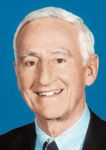
William Looney
His notable innovation was a disruptive one: putting science back in the driver's seat around pure-play drug development—ahead of marketing—at a time when Merck was mimicking the then-fashionable course of consumer-led portfolio diversification. "My transition from head of R&D to CEO remains a rarity in the industry to this day," says Vagelos. "But it allowed me to test in a real-world setting the concept of rational drug discovery and to put decision-making power back in the hands of the clinicians who know the patient. People forget that when I arrived at Merck it was selling activated charcoal, chickens, toothpaste, and face creams, a mission totally at odds with the vastly more rarified culture of medicine."
What is surprising is that his real legacy turned out to be something very different than changing the mindset around R&D. In a pioneering gesture geared toward finding new public health applications for existing medicines, Vagelos created a new performance benchmark: return on reputation. Merck's Mectizan drug donation program for River Blindness created reams of goodwill with governments and international aid institutions and effectively ended the industry's historic insularity and isolation from the larger health community. Another program launched by Vagelos sharply reduced the incidence of hepatitis B virus infection in China, where today 95 percent of newborns receive the vaccine, after Merck transferred technology rights to the Chinese government, trained Chinese scientists and engineers, and oversaw the building of two local vaccine manufacturing plants—all at a cost to China of only $7.5 million. "The reputational assets generated by this exchange are hard to quantify—and certainly we left money on the table—but to this day, doors tend to open first for Merck in the markets where we want to engage as a business," said Vagelos.
In fact, the disease partnership model is standard operating procedure for Big Pharma, with more than 300 company-sponsored programs involving some 600 partners seeking to bridge charity and commerce to address the unmet medical needs of the "bottom billion" of low-income patients in developing countries. More importantly, it has led to profound shifts in the industry approach to pricing, including the acceptance of tiered or differential prices geared to a market segment's ability to pay. "It's really taken price out of the equation to the point where companies now must focus on access, value, and affordability, and not just in poor countries."
Vagelos also used the CEO post to shape the company culture around a commitment to scientific rigor and ethical integrity. "I always looked to our sales force first as the people who could make or break our reputation, so I took it as a personal mission to keep up with what our reps were telling the clinician."
Looking ahead, Vagelos sees an epic battle between two contrasting visions of the industry. One is built around a model of diversification, where the big bets will no longer be placed on discovering new drugs, while in-house commitments to R&D shrink in favor of building closer ties to external players, including academia and small biotech licensees. The second is to retain a strong internal focus on drug innovation through continued emphasis on R&D as a key strategic function, with scientists at the top of the food chain. "I make no secret that diversification is a road to ruin, because there is an assumption that these new partners know something special about drug discovery ... They don't," he says.
Vagelos notes it is only a matter of time before pharma takes advantage of the knowledge gained from mapping the human genome and understanding how genes are involved in disease. "The opportunity is sitting right there because only drug companies have the know-how to commercialize an innovation. They can do it in less time than partners who have to be led by the hand to understand what the process entails. And do we want Congress and the National Institutes of Health driving strategy around drug development, where politics, group think, selection bias, and 'short-termism' surpass anything we might view as flaws in the private-sector approach?" To Vagelos, the prescription for industry is simple: "If the science is good, everything else good will follow." – William Looney
Newsletter
Lead with insight with the Pharmaceutical Executive newsletter, featuring strategic analysis, leadership trends, and market intelligence for biopharma decision-makers.
